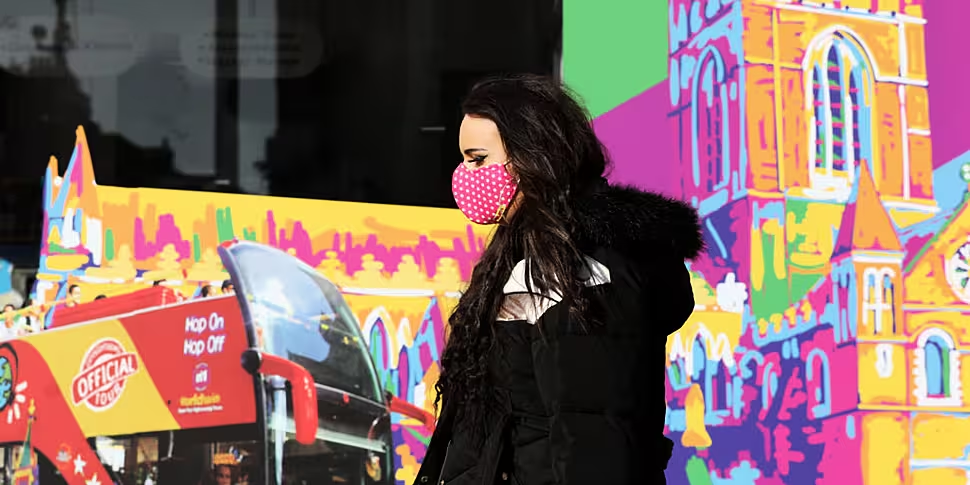The World Health Organisation has acknowledged for the first time that COVID-19 may be spread by tiny particles suspended in the air.
The organisation has previously said the virus is primarily spread by large respiratory droplets that come from coughing and sneezing.
However, following an open letter from 239 scientists in 32 countries, the organisation said airborne transmission can’t be ruled out in crowded or poorly ventilated spaces.
On Newstalk Breakfast this morning, WHO spokesperson Dr Margaret Harris said the new evidence only underlines the importance of wearing a face covering in certain scenarios.
“The importance of this work is to understand that when you are in a crowded space, when you are in a space that is poorly ventilated […] there is a higher chance of transmission,” she said.
“That is why many countries have moved to asking people to wear masks when they are on public transport, difficult places to ventilate or when they are in closed paces – when they are shopping or in other places – to minimise the possibilities of transmission.”
She said the reason respiratory viruses are often stronger in the winter is not related to temperature – but to the fact that people spend more time indoors.
“We crowd together more often and, in some countries, where it is very hot, you see respiratory viruses at the peak of summer because people are indoors with air conditioning and not opening windows and not allowing free circulation of the air,” she said.
She said we need to “develop cultural change” so that masks become second nature.
“It is difficult for people to make that cultural change but at this time, we need the whole package,” she said.
“The hand washing, wearing a mask when you are in a crowded space or an indoor space and ensuring that you never touch your mouth nose eyes and social distancing – as much as we love being together, we really have to stay apart to stay together.”
There have now been more than 11 million cases of the virus recorded around the world with 500,000 associated deaths.
Speaking yesterday, WHO Executive Director Dr Mike Ryan said he was concerned there may be a sharp increase in coronavirus fatalities in the coming weeks.
“What we have seen in the month of June is an acceleration in the number of cases and what has not accelerated with that yet is the number of deaths,” he said.
“But we know it takes time and there is a lag phase in that so some of this may be lag and we may see deaths starting to climb again because we have only really started to experience this rapid increase in cases over the last five to six weeks.”
You can listen back to Dr Harris’ interview here:









